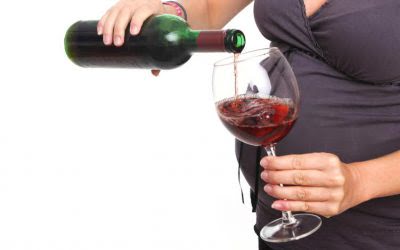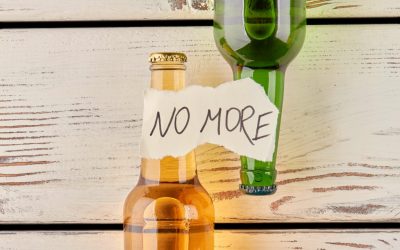What Does it Mean to Say Youre Powerless Over Drugs and Alcohol?
Step One AA is fundamentally about honesty, while active addiction is characterized by denial. The ways one tells themselves and everyone around them “see I’m okay” when they most likely are not. Fully accepting step one is not always a straight path, but there is good news! The old belief that a person must fully accept themselves as powerless for the program to work has been challenged and tested.
- This step is essential for breaking the illusion of control that somehow, someday, we will be able to drink or drug like normal people without losing control.
- The 1st Step invites us to stop struggling and start building a new life through a recovery program.
- Taking the first step as an alcoholic is the most courageous act in recovery.
Member Services
Alexandra is a powerless over alcohol mother, a daughter, a sister, a friend and has learned the value of recovery and succeeding in whatever she sets her mind to. Her innovative approach as Director of Operations gives her clients a safe and compassionate place at The Freedom Center to begin their recovery journey. Taking the first step as an alcoholic is the most courageous act in recovery. Admitting we are powerless over alcoholism and the disease of addiction opens the door to healing and hope.
Step Series
- Her work is rooted in the belief that healing is a creative and deeply personal journey.
- Ayla Mendez, CAC-AD, serves as a Primary Therapist, offering compassionate, person-centered care to individuals addressing substance use and co-occurring disorders.
- Admitting that you are powerlessness over alcohol means that you cannot and never will be able to drink alcohol in a safe manner again.
- Flexible treatment option allowing clients to continue going to work or school.
- Individuals struggling with alcoholism may not seek help due to feelings of shame, fear of judgment, or a belief that they can manage their drinking on their own.
By taking this step, you acknowledge that your alcohol use has come to a point where you cannot control it. Over the past several months, Erin has worked with our team to create a strong clinical program for our residential location in Buckeystown. In addition, she has enjoyed decorating and preparing a safe, comfortable environment for clients and staff. With her passion and drive to bring success to our residential program, Erin is excited for the opportunity to lead our team in Buckeystown as the Program Director.
Director of Community Outreach
- We pray for serenity in every meeting because serenity helps keep us sober.
- Cocaine rehab offers tools and support to help someone regain control and build a healthier future.
- Not only are we powerless over alcohol, we come to learn that we are powerless over just about everything except our own reactions to things.
What research has discovered is that acceptance of this step should be centered on the person and what they believe is problematic. Acknowledging that, for many, feelings of ambivalence are a part of the process. That anyone approaching the need to change can benefit from the 12 steps regardless of the stage of acceptance that they are in. A person no longer must hit “rock bottom” to be able to engage in recovery. They can step out of the process at any stage by simply acknowledging they need help, even when they don’t exactly see all the places that this help is needed.


This can lead to a cycle of lies, both for you and for the family members who attempt to understand or excuse your behavior. If you have it, then your mind is going to trick you to think you can control and enjoy your drinking like a normal person. Groups have said that unmanageable means alcoholics cannot manage the decision to stay stopped. When they start, they will do way more than they intended and when they stop, they will eventually start again. Unmanageable is only printed once in the first 164 pages of the Big Book of Alcoholics Anonymous, which in the first step.
thoughts on “What Does Unmanageability Mean In AA?”
Being a person in long term recovery, Erin wanted to give back and help those struggling with the disease of addiction. Erin decided to switch careers and went back to school to obtain her Addiction Counseling certification. In addition, to being a certified Addictions Counselor, Erin is a Certified Peer Recovery Specialist (CPRS), and a Registered Peer Supervisor (RPS). Andy is a certified substance abuse counselor based in Montgomery County, MD alcoholism symptoms and has over 15 years of experience in the field of addictions.
